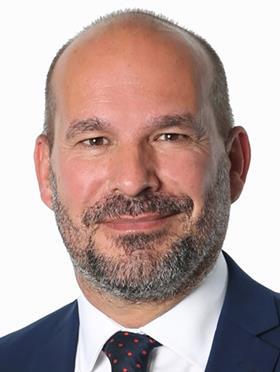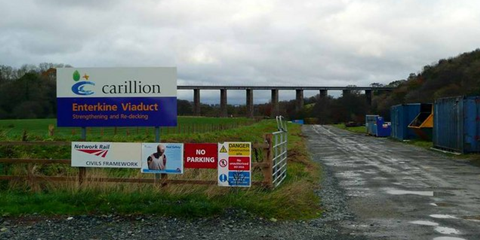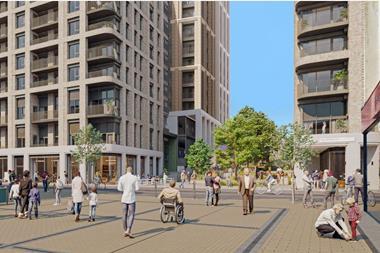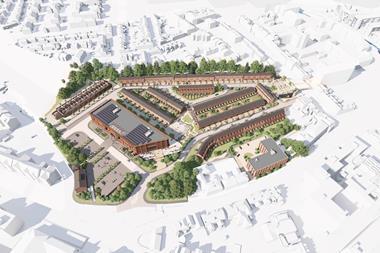To meet current housing demand, the construction industry must build double the amount of homes it is currently building.

The industry’s structural capacity is nowhere near capable of achieving that step-change in output – the industry knows it and government knows it too.
We face a period of unprecedented skills and resource attrition, which will challenge our ability to deliver current levels of output. This therefore becomes a productivity and delivery model debate, the key challenge being to build more with less.
It is not just a quantity debate; it is a quality debate. Every time homebuilding numbers rise, we seem to suffer a dilution in customer satisfaction and greater quality concerns. Carillion’s demise has raised cyclical questions around the structure and functionality of our delivery model. Combine the fact that the industry is no longer vertically integrated and relies heavily on subcontractors, with the skills crisis and you have a dangerous cocktail.
Undoubtedly, construction has the government’s attention as finally the penny has dropped that a healthy housing market requires a modern and robust industry to build, manage and maintain new homes. Last year’s housing white paper was the first significant policy document I can remember that has addressed the role of construction skills and innovation in fixing the housing market.

One of the specific commitments made in the white paper was to “support a joint working group with lenders, valuers and the industry to ensure that mortgages are readily available across a range of tested methods of construction”. The Ministry of Housing, Communities & Local Government (MHCLG) has now convened a working group, which I am delighted to be chairing, comprising senior industry representatives spanning the lending, insurance, warranty, valuation, manufacturing and residential development sectors.
Reporting to the housing minister, Dominic Raab, the group has a clear mandate from the government to identify and overcome any barriers to the mainstream acceptance of high-quality and properly accredited modern construction in the mortgage market. The intention is to announce a series of specific measures later in 2018 that, when combined, start to make a tangible difference.
End game
The working group represents all the key stakeholders needed to deliver the required outcomes and it is therefore within our reach to make this happen, rather than rely on government.
It is clear that the end game for the working group should be a consistent approach to accreditation, valuation and financing of a broader range of construction techniques that overcomes negative perceptions. It needs to address issues with terminology as well as help facilitate a better evidence base for what quality looks like in the emerging pre-manufactured construction market.

By improving the accessibility to, and understanding of, modern methods, we can drive the changes needed in the sector to modernise the way we design, create and deliver homes. More joined-up thinking, industry-wide collaboration and a greater sense of responsibility over the quality, performance and longevity of the built asset are all essential for construction.
The public disintegration of Carillion emphasises the sector’s shortcomings all too clearly. And, without concerted change, Carillion won’t be the last casualty of continuing to deliver ‘business as usual’, whether in homebuilding or other construction sectors.
Change, in any shape or form, is never easily achieved. However, our industry is now entering a period of unprecedented risk, and initiatives such as this working group will hopefully create a platform where change is possible. The exact outputs from the group will progressively evolve, but the aim is clear: to get Britain building faster and better.





























No comments yet